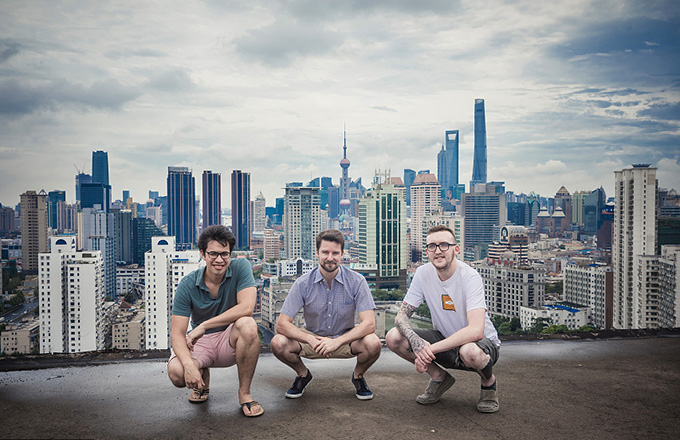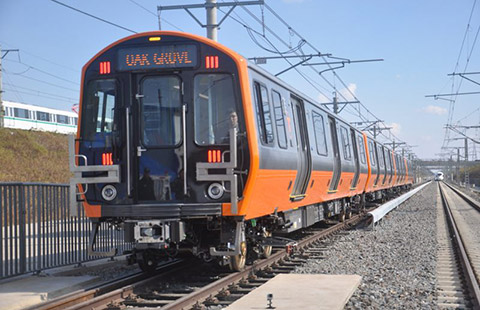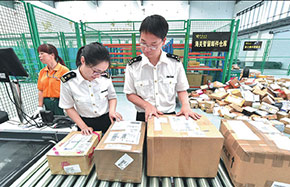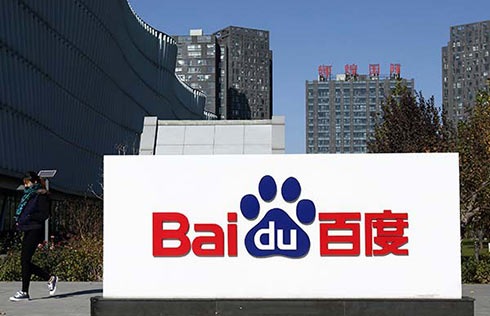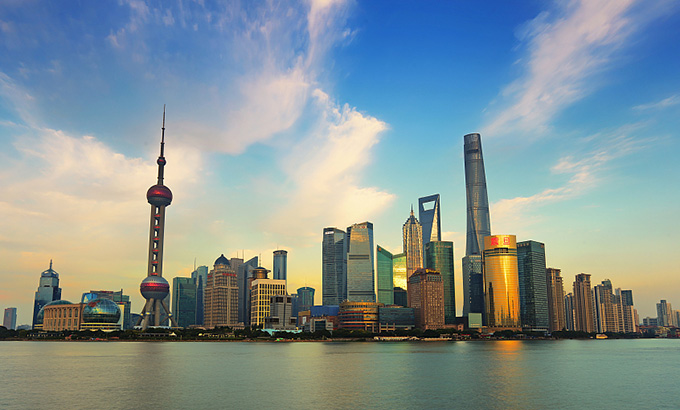NDB plans to expand lending by 60%
The New Development Bank is planning to expand lending by 60 percent in 2018, aiming to grow to about $4 billion in loans from the $2.5 billion total anticipated this year, a member of the bank's top management team told China Daily in an exclusive interview.
That growth would come on top of a 60 percent increase in lending this year, if pending projects are approved as expected, according to Zhu Xian, vice-president and chief operations officer of NDB, a multilateral development bank established by the BRICS countries.
Four new projects totaling more than $1 billion are being prepared, in addition to projects approved prior to the 2017 BRICS Summit in Xiamen in September. If the four are all approved by December, "the bank's total lending in 2017 will exceed $2.5 billion," compared with $1.56 billion last year, Zhu said.
"Our goal is for all loans to be appraised in about six months, from the date of project identification to the date of approval by the board of directors, which is faster than most of the traditional international multilateral financial institutions," said Zhu, who has been a senior executive at World Bank Group and the Asian Development Bank.
The NDB's new projects will focus on sustainable infrastructure development, and the range of its financing products is expected to expand from long-term sovereign loans to nonsovereign loans to the private sector, said Zhu, who is responsible for the bank's lending operations. It also would involve exploring more innovative tools as well, including more national currency products, which will help to broaden both financing resources and the types of projects offered, he said.
The bank was founded by Brazil, Russia, India, China and South Africa, with the agreement creating the bank entering into force in July 2015. The bank, headquartered in Shanghai, is the first development institution of potentially global scope set up exclusively by emerging market countries with no participation of advanced economy countries in the initial stage.
The fast development of emerging economies and the middle-income countries means the services they need from international development financial institutions are no longer limited to the type of low-interest, conditional loans that are often classified as official assistance, Zhu said. Also, such economies and nations deserve a greater voice and equality of rights in the international economic governance structure, he said.
"The NDB is considering balancing its functions of financing and development ... which can provide alternate practice models for international economic governance reform."
Meanwhile, innovative financing products and services need to be designed to satisfy the different and changing requirements of recipient countries, depending on their various development stages as well as a balance between their short-and long-term development goals, he said.
According to the NDB's General Strategy 2017-2021 report, the bank "aims to be fast, flexible and efficient by designing a more streamlined project appraisal and implementation oversight without unnecessary bureaucracy".
Plans call for its financing instruments to also include guarantees, equity investments, project bonds and cofinancing arrangements with national and multilateral development finance institutions.
By September, the bank's approved loans amounted to $3 billion in 11 projects since it opened. In 2016, the NDB approved seven loans, six of which were in renewable energy, including subsectors such as solar, wind and small hydropower projects and green energy transmission. One project was to support improvement of roads, according to its annual report.






